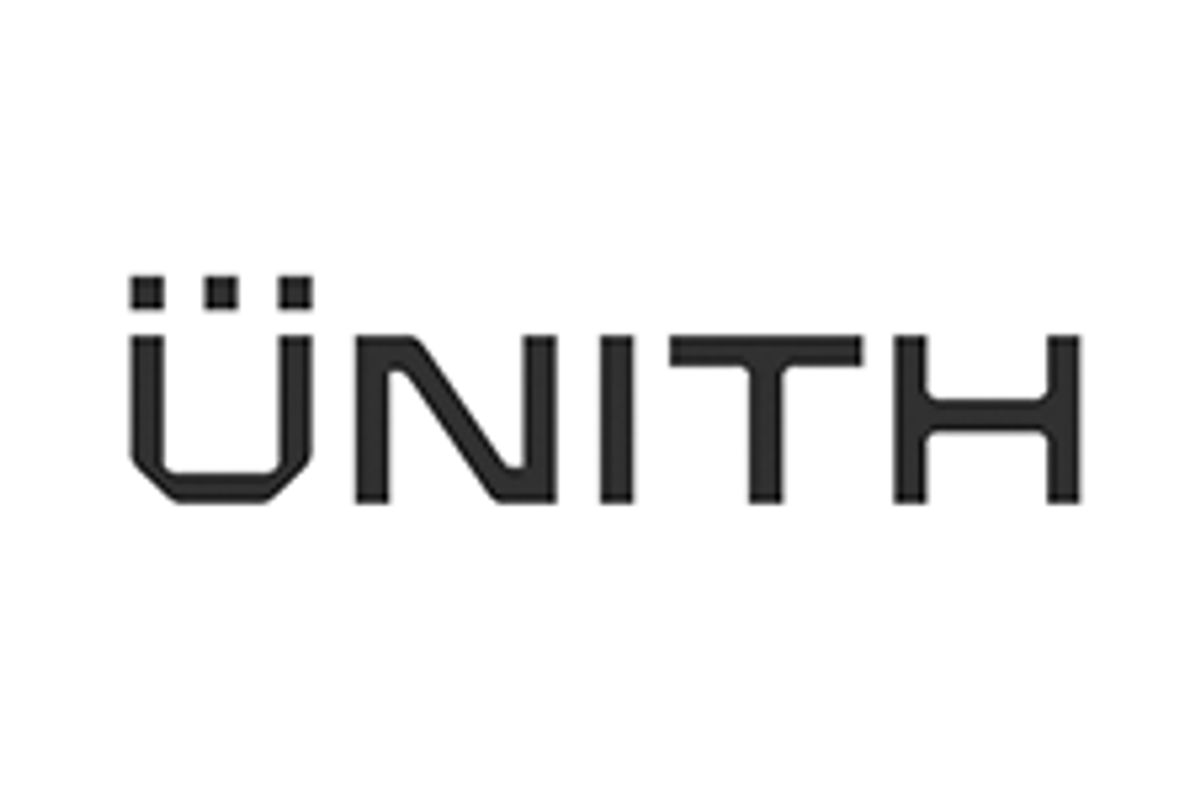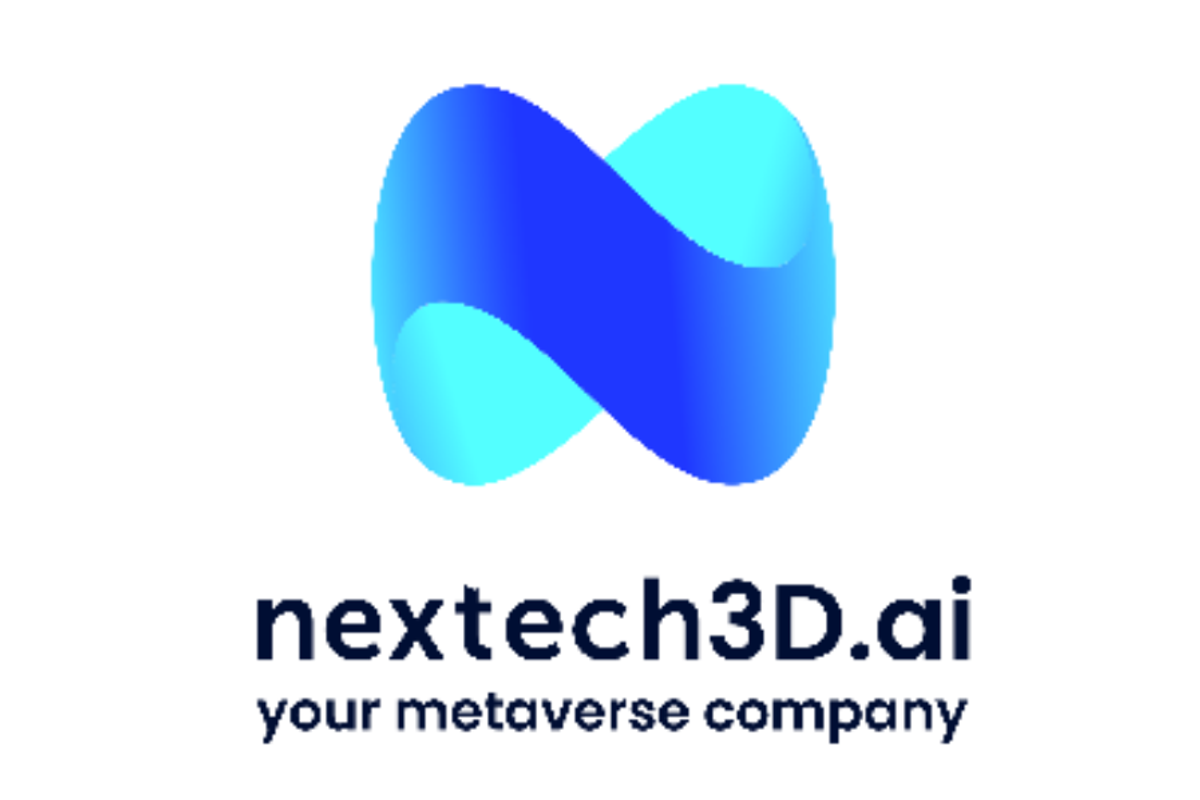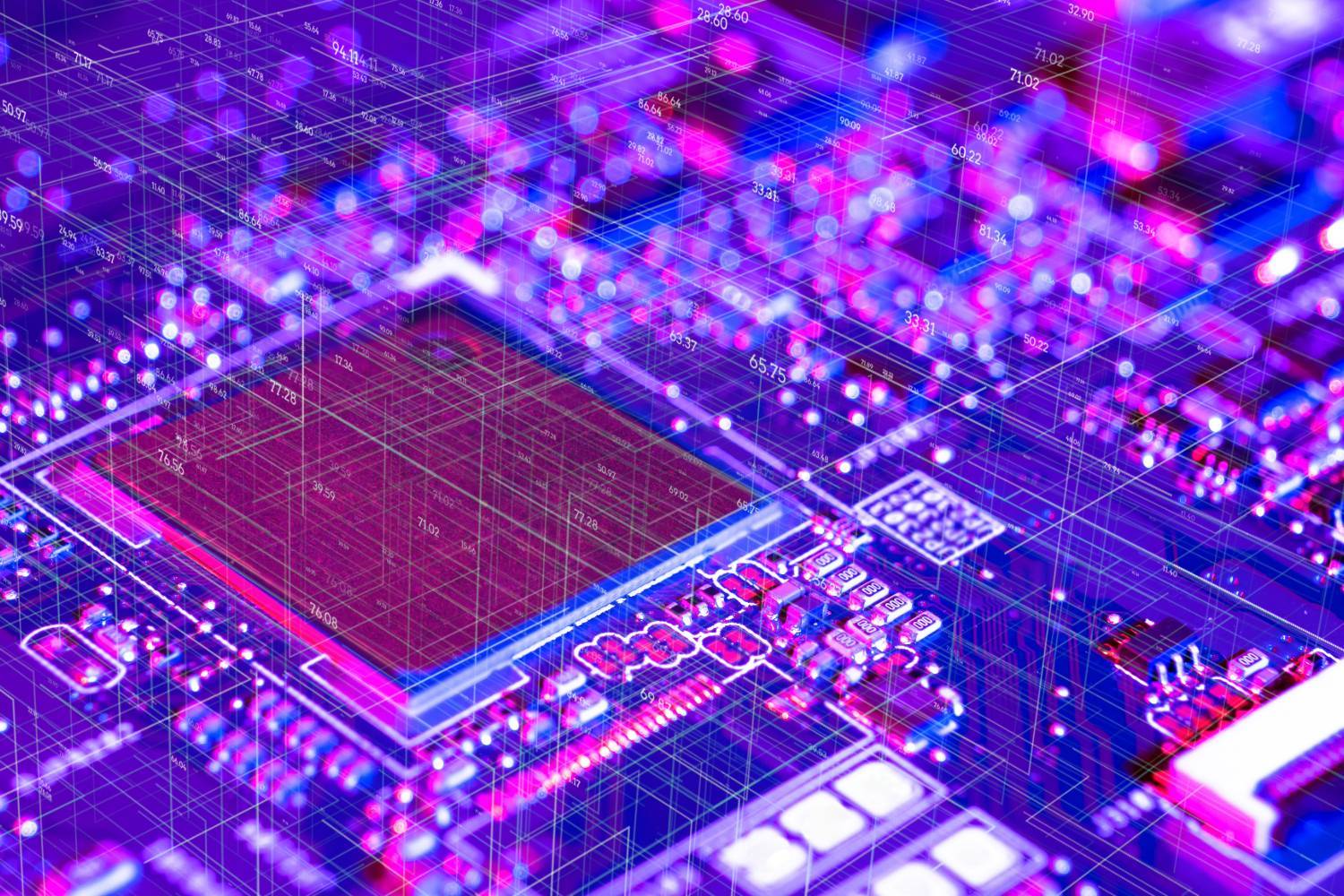OpenText™ (NASDAQ: OTEX), (TSX: OTEX), the information company, and X12 the ANSI-accredited standards organization, today announced the renewal of their commercial use partner license agreement. This long-standing collaboration underscores OpenText's commitment to and support for X12 standards across its expansive supply chain network.
"Electronic data interchange (EDI) is a critical foundation that supports how supply chains and businesses function today," stated Muhi Majzoub, Chief Product Officer and EVP, OpenText. "Working with X12 is more than just a collaboration; it's a testament to our joint dedication to continuous innovation and to laying the foundation for a more interconnected and efficient B2B data exchange landscape for the future."
X12 standards play a crucial role in EDI, serving as the primary conduit for businesses across diverse industries, including retail, consumer goods, automotive, high-tech, general manufacturing, and insurance. These standards allow businesses to digitally share vital information seamlessly within and across their operations.
The integration of X12 standards within OpenText's business network solutions improves efficiency, accuracy, transparency, and cost-effectiveness for its customers, contributing to a strengthened supply chain ecosystem.
"We are delighted to join forces with OpenText in advancing the development of X12 standards and derivatives," said Cathy Sheppard , CEO of X12. "Together, we are not just shaping standards; we are fostering a future where technology supports and enhances global operations across the industries we serve."
With the world's largest business network, OpenText connects over 1.1 million trading partners, facilitating the exchange of more than 33 billion EDI transactions annually. As a trusted EDI partner offering robust solutions for seamless business document exchange, OpenText is proud to be formally recognized as an X12 licensing partner with a comprehensive long-term agreement that includes its customers from the past, present, and future.
About X12
X12 , chartered by the American National Standards Institute (ANSI) for more than 40 years, develops and maintains business-to-business data exchange standards to drive business processes globally. X12's diverse membership includes dedicated technologists and business process experts in health care, insurance, transportation, finance, government, supply chain, and other industries. X12's consensus-building forum enables members to meet regularly to develop syntax-neutral data exchange standards collaboratively. With more than 320 published transaction sets, 1,400 data elements, and more than 40,000 codes available for use, the body of X12's work can be used to conduct nearly every facet of business-to-business operations. Learn more about X12 licensing at x12.org/licensing .
About OpenText
OpenText, a global leader in information management, enables organizations to gain insight through market-leading information management solutions, powered by the OpenText Cloud. For more information, visit www.opentext.com .
OTEX-G
![]() View original content to download multimedia: https://www.prnewswire.com/news-releases/opentext-strengthens-x12-collaboration-to-accelerate-the-future-of-supply-chain-b2b-data-exchange-302100198.html
View original content to download multimedia: https://www.prnewswire.com/news-releases/opentext-strengthens-x12-collaboration-to-accelerate-the-future-of-supply-chain-b2b-data-exchange-302100198.html
SOURCE Open Text Corporation





